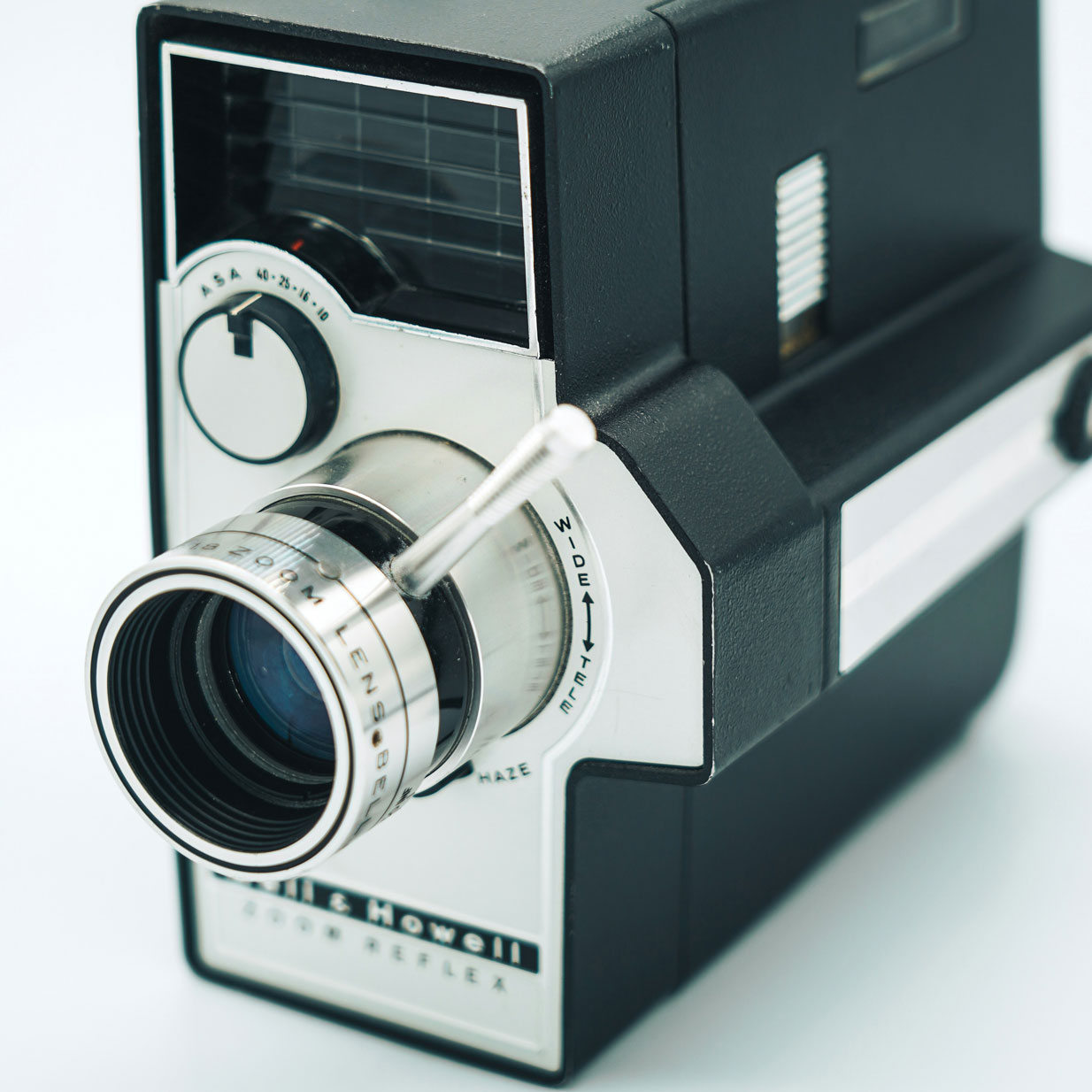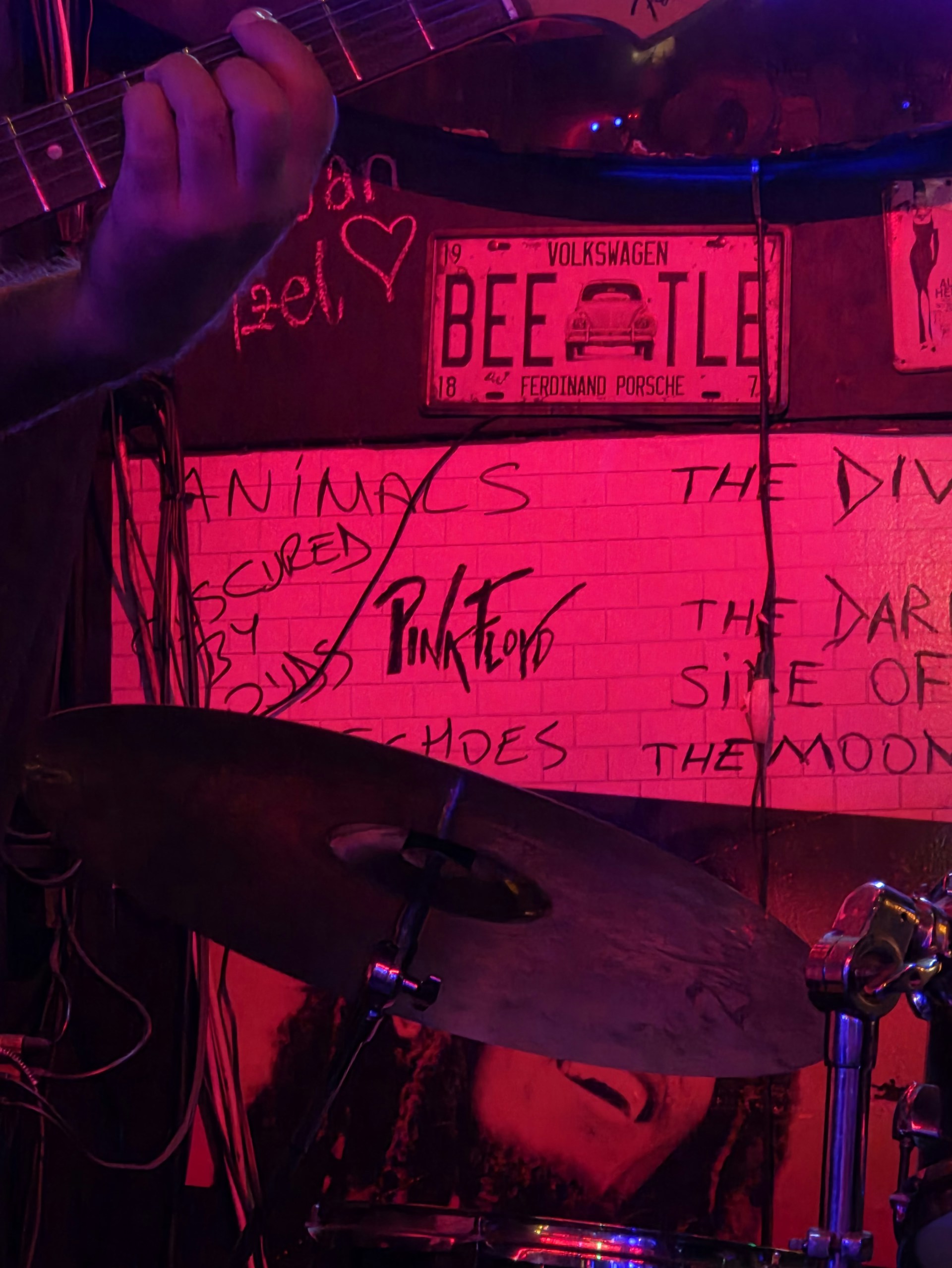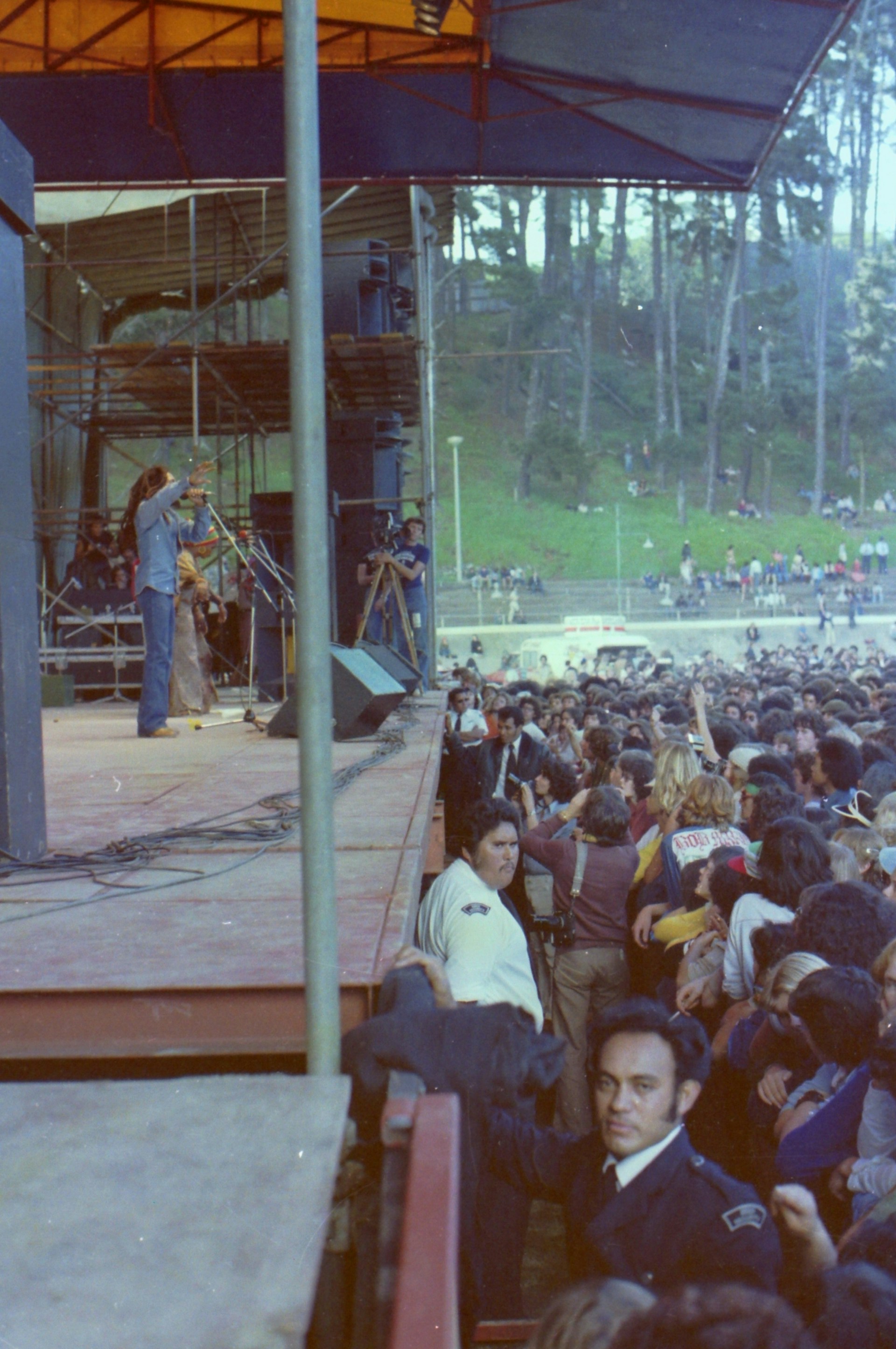
Beatles ‘64 is a solid documentary. Like many documentaries before it, it frames itself with more stories than just its subject matter. However, what occurred to me during my viewing was just how rare the footage was, which led to thoughts about how common footage is today.
Honestly, we may be seeing similar documentaries up through the 1990s and maybe even the early aughts. Documentaries about the pop stars or celebrities of those eras are becoming common, and they’re often framed completely upon “never-before-seen” or “just discovered” and recently digitized VHS, mini-VHS, or other physical media with some talking heads interspersed.
The truth is, the tonnage of video that is prevalent since smartphones became commonplace makes the footage in a documentary from modern times far less exciting than discovering this footage of the Beatles.
I’m not saying there won’t be good modern documentaries from now on. There will probably be some fantastic ones, but what’s special about Beatles ‘64 is this rare footage. This isn’t the directors and producers choosing from millions of HD phone videos of early Taylor Swift.
In fact, having a choice of videos at all like the above Taylor Swift example, as opposed to “this is all that we have” with the rare Beatles footage is my argument altogether.
I don’t believe this is a scenario of “having it all” is tantamount to “having nothing,” but what is the value of a piece of video, when it was shot by many if not everyone in attendance at a concert or venue, small, medium, or large? Truthfully, how many times have you filmed a concert on your phone, never to look at the footage again?

What is the value when every one of those angles and orientations can be shared publicly online for free? What is the value when the footage is anything but rare? And finding that footage is as easy as searching the internet and not rummaging through unclaimed storage units, overfilled closets, or dusty basements.
There is a wholly different argument to be made that paying for a concert ticket to watch that concert through your phone is misplaced, but that’s for another post perhaps.
But it does mean that, at some point, some enterprising documentarian now has a treasure trove of media to work with. Sifting through megabytes may be cleaner than digging through the dirt, but the archaeological and anthropological similarities are abundant. The diamonds are in there somewhere, right?
Or are they? Like him or hate him, Elon Musk took over Twitter, renamed it X and deleted a lot of the archives. Events that occurred during the early days of Twitter were reported on and reacted to in real time on the platform. Those reports and reactions would have made for interesting anthropological and digital archaeological studies, but without thinking of the history, Musk chose to delete the data.
Some of it was backed up, but most of it was lost. Perhaps what is online isn’t meant to last forever, and it’s only supposed to seem that way?
I guess we will find out more when Facebook or YouTube go away. Will they retain the archives of data for future generations or not?
So like comedy, baking, music, and almost everything else you can think of, it all comes down to timing.
If you make your documentary right now, right this second, with access to every video on every platform about a widely covered subject (which is why Taylor Swift is a good example), then it’s probably not going to be as groundbreaking or noteworthy as Beatles ‘64.

Perhaps, once all those platforms are dead, and the servers are unplugged, whatever remains from a trove of material “not seen since YouTube died” video could be just as interesting.
Until that happens, Beatles ‘64 will be the benchmark. Whatever footage we’ve found of other interesting subjects from before the ubiquitous camera phone will be worth watching on its rarity alone.
Even the most recent Netflix Led Zeppelin documentary had a rare audio interview with the legendary John Bonham. Again, with the prevalence of podcasts and on-demand radio, something like that is easier to come by. Even for someone as elusive as Guns ‘N Roses frontman Axl Rose, there is a rare interview on YouTube released by The Tapes Archive podcast which specializes in releasing “rare interviews that need to be heard.”
Not everything rare is worth publishing and making a big deal about. But perhaps finding something good in the multitudes of online data is worth celebrating should someone properly sift through all the data and make a compelling story.